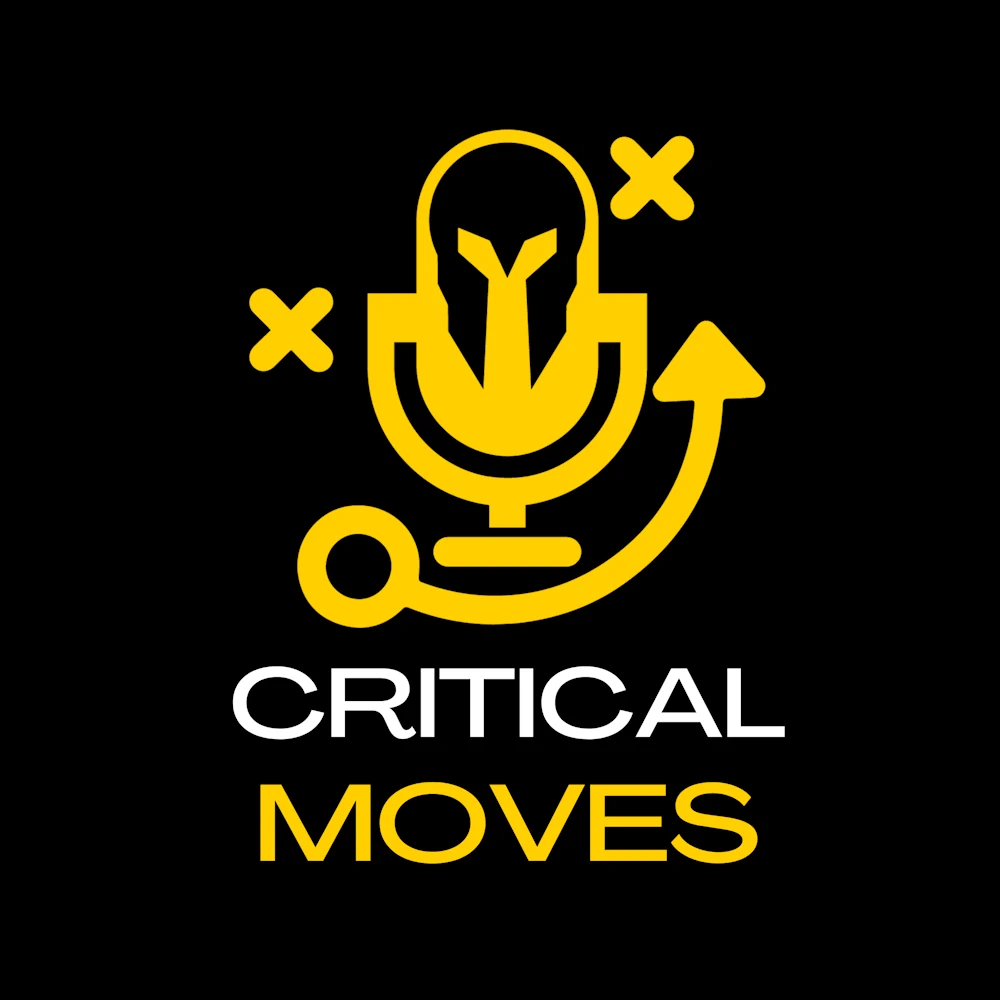What is Heroes of Might and Magic? A Critical Moves Episode Breakdown
In the latest Critical Moves podcast episode, hosts Adam and Tim attempted to convince Al, who has never touched the series, that Heroes of Might and Magic deserves his attention. They failed spectacularly, but the conversation revealed why this 30-year-old strategy series remains Poland’s unofficial national sport.
Breaking Down the Genre Confusion
Al’s initial confusion was understandable. Adam’s opening description – “high fantasy science fiction RPG” – sent the conversation sideways immediately. Tim simplified it: “It’s Total War, but the battles are turn-based, and there’s magic.”
The series blends multiple genres without fitting neatly into any single category. You manage nations and build armies like a 4X game. Heroes gain levels and collect artifacts like RPGs. Combat plays out on tactical grids like chess. The exploration and treasure hunting adds adventure game elements.
This genre-blending explains both the series’ appeal and its difficulty to categorize. Players get empire building, character progression, tactical combat, and exploration in one package.
The Core Gameplay Loop Explained
Heroes operates on a simple weekly cycle. Every seven turns constitutes a week, generating new recruitable units and resources. Players spend turns moving heroes across maps, gathering resources, fighting neutral creatures, and developing towns through building construction.
The randomization factor sets Heroes apart from other strategy games. Item placement, monster distribution, and resource locations change each playthrough. This forces adaptive strategies rather than memorized build orders. Players must work with whatever the random number generator provides.
Combat resolution happens on hex grids where unit positioning and spell timing determine outcomes. The tactical depth comes from managing different unit types – archers, cavalry, spellcasters, flyers – each with distinct strengths and vulnerabilities.
Heroes III: The Undisputed Champion
Both hosts agreed Heroes III represents the series peak, though Adam admitted enjoying the widely-maligned Heroes IV. The third installment’s 2D sprite work aged better than later 3D attempts, while its mechanics achieved the right balance between complexity and accessibility.
The transition to 3D fundamentally changed the series. Where 2D maps could display hundreds of interactive elements, 3D limitations reduced density and visual clarity. Tim noted this shift altered the core experience in ways that later entries never fully addressed.
The Series’ Messy Evolution
Heroes spawned numerous sequels across multiple developers, creating inconsistent quality and design philosophy. The series count depends on who’s counting—official entries, mobile versions, and licensed Russian installments muddy the waters.
Each installment emphasized different aspects. Heroes IV introduced hero combat participation and extensive narrative text. Heroes VI somehow included built-in Skype functionality. The constant developer changes prevented cohesive evolution, leaving fans scattered across preferred versions.
Songs of Conquest: The Modern Pretender
The hosts discussed Songs of Conquest, a recent Heroes-inspired title that captured the visual style but lacked something ineffable. Tim described it as technically superior with modern mechanics and quality-of-life improvements, yet it didn’t replace Heroes III in his rotation.
This highlights the challenge facing any Heroes successor. Technical improvements alone can’t replicate whatever makes the original series compelling to its dedicated fanbase.
Heroes of Might and Magic: Olden Era Preview
The upcoming Olden Era represents another attempt to recapture Heroes III’s magic. Developer Unfrozen promises a return to series roots while addressing longtime balance issues. Early footage suggests careful evolution rather than revolution.
The studio has shown responsiveness to community feedback, adjusting revealed mechanics based on player input. However, Tim expressed concerns about the conservative approach, wishing for more creative magic systems and mechanical innovation.
Adam raised an interesting point about balance versus randomness. Perfect balance might eliminate the chaotic elements that make single-player campaigns engaging. Sometimes unbalanced elements create interesting situations that force creative problem-solving.
Why Al Remained Unconvinced
Despite Adam and Tim’s enthusiasm, Al identified a fundamental incompatibility with his gaming preferences. The open-world exploration and lack of clear objectives didn’t appeal to someone who prefers structured experiences with defined goals.
Al’s honesty about his dislike of fantasy themes and preference for real-time strategy also played a role. Sometimes genre preferences run too deep for even passionate advocacy to overcome.
The Multiplayer Time Commitment Problem
The hosts touched on Heroes’ notorious time investment requirements, particularly in multiplayer. Single games can stretch across multiple sessions, limiting the format’s accessibility for time-constrained players.
This creates tension between casual and competitive play. The deep strategic systems that make Heroes compelling also make it demanding in ways that modern gaming habits struggle to accommodate.
Final Verdict
The episode demonstrated both Heroes of Might and Magic’s enduring appeal and its niche limitations. For players who connect with its specific blend of mechanics, the series offers experiences that modern games struggle to replicate. For others, like Al, the fantasy themes and open-ended structure create insurmountable barriers.
Olden Era’s success will depend on whether Unfrozen can modernize the formula without losing whatever makes Heroes special to its dedicated fanbase. Based on this conversation, that remains an open question.
Listen on Spotify, Apple Podcasts, Amazon Music, or search your alternative preferred podcast provider.
Ahh, we’re on YouTube too!
Discover more from Critical Moves Podcast
Subscribe to get the latest posts sent to your email.

